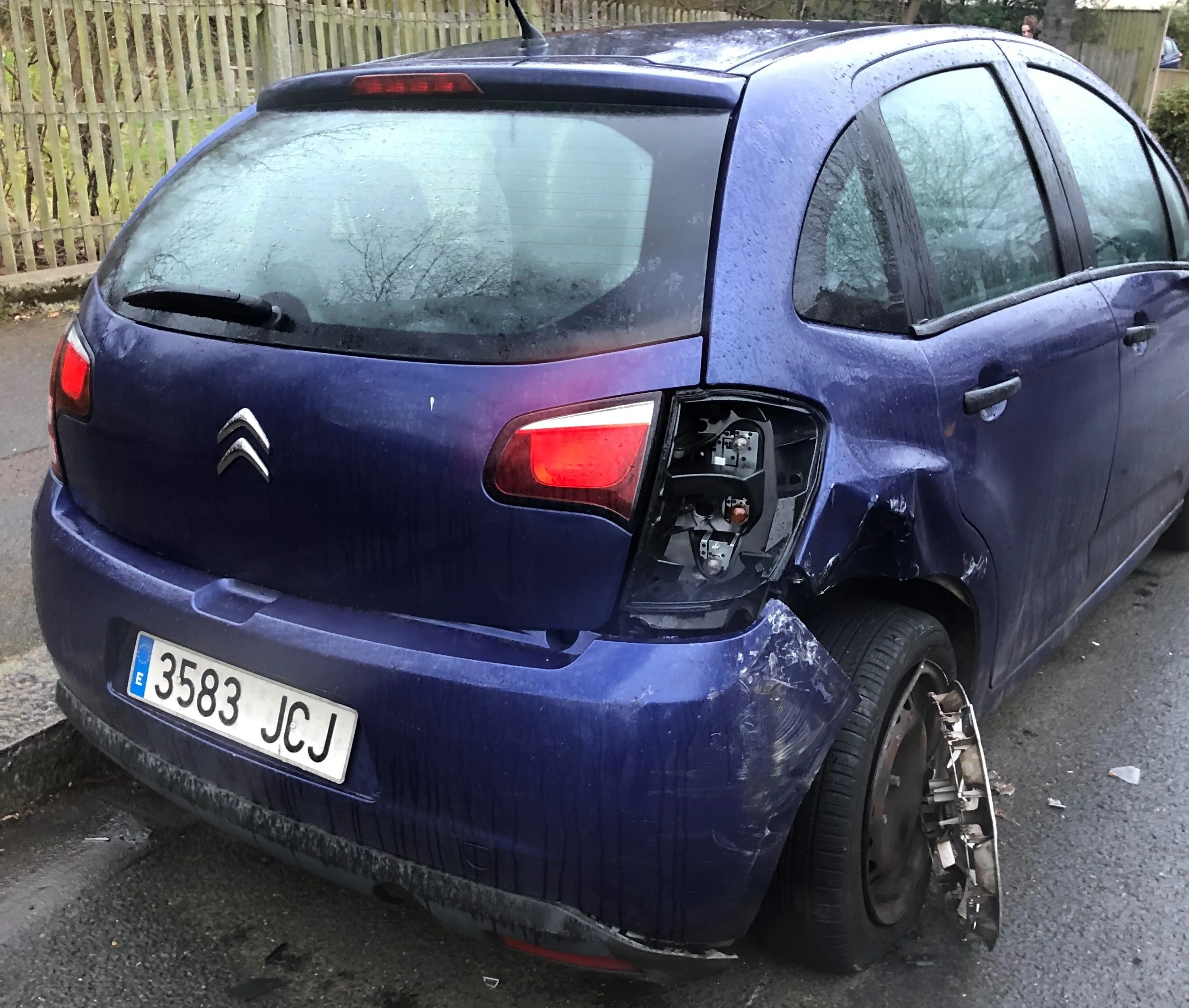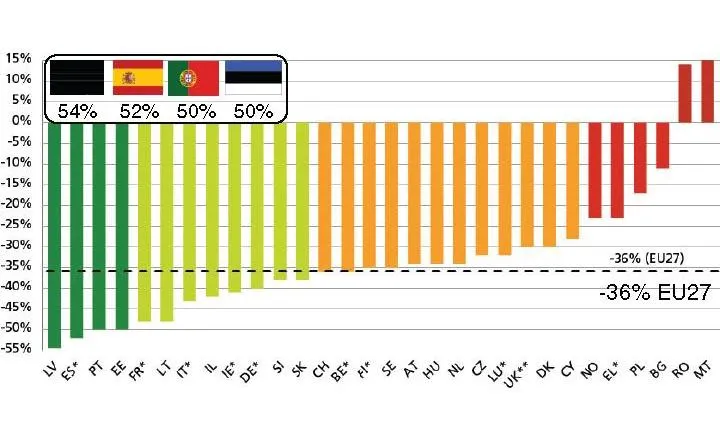Road safety continues to improve in Europe, with official statistics for 2012 showing a drop in fatalities of 2,661 compared with the figures for 2011. The latest data from Pan-European police body TISPOL shows an encouraging trend towards better road safety, highlighting improvements right across the EU. In 2012, a total of 27,700 people were killed in road crashes in the European Union’s 27 member states, equivalent to 55 people/million inhabitants. This was the lowest road fatality rate so far recorded s
December 5, 2013
Read time: 2 mins
Road safety continues to improve in Europe, with official statistics for 2012 showing a drop in fatalities of 2,661 compared with the figures for 2011. The latest data from Pan-European police body 4753 TISPOL shows an encouraging trend towards better road safety, highlighting improvements right across the EU. In 2012, a total of 27,700 people were killed in road crashes in the 1116 European Union’s 27 member states, equivalent to 55 people/million inhabitants. This was the lowest road fatality rate so far recorded since accurate data for all of the 27 EU nations were first collated. Road deaths for 2012 dropped by 9% from the figure recorded for 2011. The reduction from 2010 to 2011 was 3%, while from 2009 to 2010 it was 11%. Since 1965, the number of road deaths in the 27 nations of the EU has fallen by 67%. In addition to lives lost, more than 300,000 people are seriously injured in European road traffic every year, with many more suffering minor injuries. The rate of serious injuries is also falling, broadly in line with the reduction in overall road deaths.
Malta, the UK, Norway, Sweden and Denmark were the EU countries showing the best traffic safety figures relative to their population in 2012. Latvia and Spain, where the number of deaths fell by nearly 70% from a poor baseline, saw the greatest reductions in road deaths from 2001 to 2012. Similarly, Ireland, Denmark, Lithuania, Estonia, Portugal and France have recorded faster than average decreases, with the number of deaths falling by at least 55%. In the majority of road crashes, the driver’s actions were a contributing factor. Human error is a major risk factor in traffic, and the driver’s health and driving capacity are of key importance. Fatigue figures highly as a cause of crashes. Driving under the influence of alcohol and excessive speed are also major causes of crashes, with tougher enforcement actions by the police having a major benefit in casualty reduction.
Malta, the UK, Norway, Sweden and Denmark were the EU countries showing the best traffic safety figures relative to their population in 2012. Latvia and Spain, where the number of deaths fell by nearly 70% from a poor baseline, saw the greatest reductions in road deaths from 2001 to 2012. Similarly, Ireland, Denmark, Lithuania, Estonia, Portugal and France have recorded faster than average decreases, with the number of deaths falling by at least 55%. In the majority of road crashes, the driver’s actions were a contributing factor. Human error is a major risk factor in traffic, and the driver’s health and driving capacity are of key importance. Fatigue figures highly as a cause of crashes. Driving under the influence of alcohol and excessive speed are also major causes of crashes, with tougher enforcement actions by the police having a major benefit in casualty reduction.







